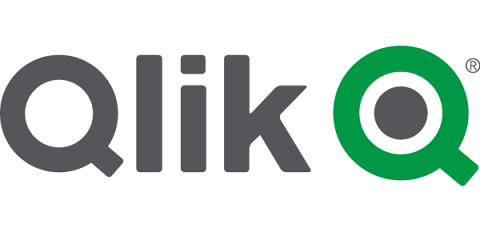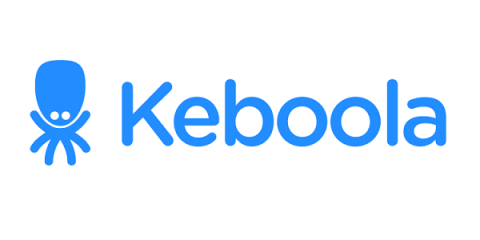Systems | Development | Analytics | API | Testing
%term
The Most Popular Python Web Frameworks in 2020
Web frameworks are powerful tools. They abstract the common aspects of building web sites and APIs and allow us to build richer, more stable applications with less effort. A broad range of web frameworks is available to us in Python. Some are proven favorites with large ecosystems and communities. Others excel in niche use cases or for specific kinds of development. Still, others are up-and-comers with compelling new reasons to be considered.
Updates from Bugfender Q2, 2020
Welcome to the Bugfender summer newsletter! As we already announced, we achieved a major milestone recently by releasing the Web SDK, bringing the features you love using to a whole new platform. But as always we want to keep pushing to give you a better product, and we’ve introduced recently some more updates we want to share with you: We hope you find all these updates useful!
Sifting Through COVID-19 Research With Qlik and Machine Learning
Research on COVID-19 is being produced at an accelerating rate, and machine intelligence could be crucial in helping the medical community find key information and insights. When I came across the COVID-19 Open Research Dataset (CORD-19), it contained about 57,000 scholarly articles. Just one month later, it has over 158,000 articles. If the clues to fighting COVID-19 lie in this vast repository of knowledge, how can Qlik help?
Introduction to Machine Learning Models
Over the last 100 years alone, artificial intelligence has achieved what was once believed to be science fiction: cars that drive themselves, machine learning models that diagnose heart disease better than doctors can, and predictive customer analytics that lead to companies knowing their customers better than their parents do. This machine learning revolution was sparked by a simple question: can a computer learn without explicitly being told how?










